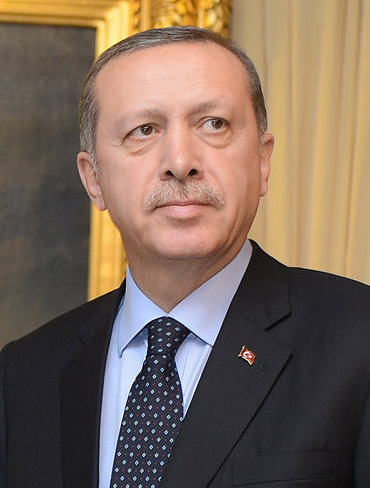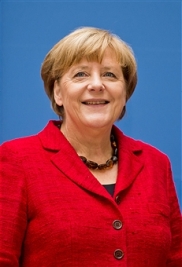
Recep Tayyip Erdoğan, the current president of Turkey, has been at the forefront of Turkish politics for over the past decade. The divisive leader has built up a powerful, technically democratic regime, with strong currents of authoritarianism. The past 14 years have been a series of steps that have brought Erdoğan greater and greater power. Last July’s attempted coup brought Erdoğan to his greatest height yet. In its wake, Erdoğan purged the military, fired thousands of educators, and arrested dozens of journalists.
But now Erdoğan has gone a step further: with the same powerful rhetoric that helped bring him to power all those years ago in Turkey, he has violently lashed out against Germany and the Netherlands.Erdoğan’s Justice and Development Party (Adalet ve Kalkınma Partisi – AKP) has been pushing for constitutional reforms for years. Their proposed reforms will finally be put to the vote on April 16, 2017. The biggest proposed reform is doing away with the parliamentary system of government that Turkey currently has, where there are two heads of state, a prime minister with executive power and a president with a symbolic role, and replacing it with an executive presidency, where one head of state, a executive power-wielding president, is in charge. This would presumably allow Erdoğan to consolidate his power even further, especially since he has technically only held symbolic power since 2014, when he became president.
As part of his extensive campaigning for this important vote, Erdoğan set out to bolster support among the Turkish diaspora in Europe. Several million Turks live abroad, especially in Germany, and they could possibly tip the balance in favor of or against Erdoğan’s referendum.

Last week, German officials cancelled two rallies planned by the AKP in Germany, supposedly on the grounds of security concerns. Erdoğan lashed out at the Germans, saying that Germany had “nothing to do with democracy. These current practices of yours are no different than the Nazi practices of the past.” German Chancellor Angela Merkel fired back by telling a German newspaper that “Mr. Erdogan is reacting like a stubborn child who can’t get his own way.” On Saturday, after the Turkish foreign minister was forbade from landing in the Netherlands, Erdoğan lashed out at the Dutch in similar terms. “I said Nazism had risen from the dead. And then I added: I thought Nazism was over, but I was wrong.”
Tensions have only continued to rise. On Sunday, the Turkish community in the Dutch city of Rotterdam protested before being dispersed by baton-wielding policemen. The Dutch foreign ministry issued a travel warning to its citizens: do not go to Turkey. On Monday, the European Union attempted to put the brakes on the worsening crisis. They informed Turkey that if the referendum is passed, it may hurt Turkey’s chances of joining the EU, while also urging the Turkish government to not make any more inflammatory rhetoric like Erdoğan’s Nazi comments against Germany and the Netherlands.
Erdoğan made his intentions known quickly. Just hours after the EU released its statement, he accused Merkel’s government of “supporting terrorists.” Turkey stated that the Dutch ambassador is not allowed in the country and threatened sanctions against the Netherlands. Turkey even threatened to stop halting the flood of refugees into Europe, although this is not the first time this threat has been made in recent months.

Erdoğan’s referendum as it currently stands is unlikely to succeed. According to a February poll by the Gezici research institute, around 60% of the voters would say “no.” In attempting to bring the sizable Turkish population living outside of Turkey to his side, Erdoğan was trying to turn things around. Yet ironically, since he accused the Germans and Dutch of poor democratic standards, by campaigning abroad, Erdoğan is acting illegally. Article 94/A of the Turkish general election law bans campaigning abroad. Tensions between Erdoğan and Europe have also spilled over into surrounding countries. On Sunday there was a protest in Sarajevo, Bosnia-Herzegovina, in support of Erdoğan and the Turkish government. Now with one month to go until the Turkish referendum, all eyes will be on Turkey, both on its diplomatic behavior and on the final outcome of the vote.
Leave a comment